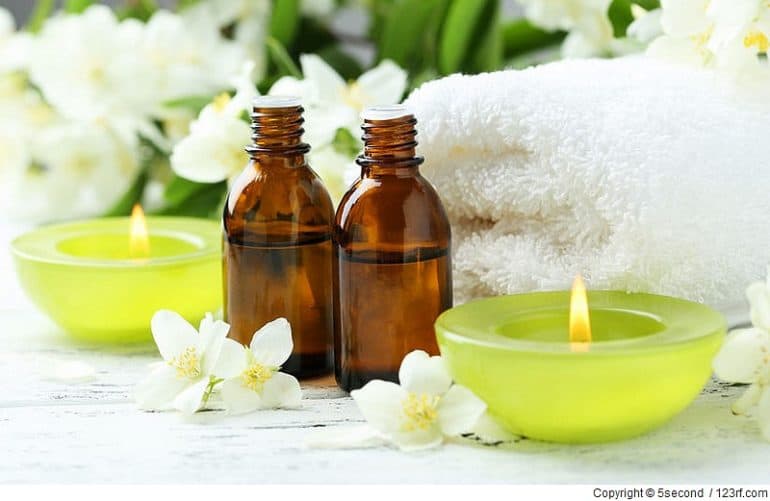How scents and smells evoke memories
When you smell a certain scent, it becomes associated with very specific memories. Lavender may remind you of a vacation in Provence. The smell of a fresh sea breeze takes you back to the Baltic Sea, and the heavenly scent of cinnamon cookies with apples brings Christmas closer. Another example is the aroma of a freshly mowed meadow. You take a deep breath and the mental cinema starts: The memory of a hot summer day returns, and you are standing on grass in your own backyard. But why do humans associate these smells with such vivid memories?
The sense of smell also helps us register danger
According to scientists, the sense of smell is mankind’s oldest sense. It has always been essential to ensure survival. For example, it was necessary to detect whether food was still edible or already spoiled. For this reason, the sense of smell has developed over the course of evolution in such a way that scent information is processed extremely quickly in the brain.
Up to thirty million olfactory cells in the nose
The human system needs only two synapses as contact points between nerve cells in order to process odors. For linguistic matters, by comparison, nine synapses are involved. This shows how simple and yet essentially the transmission of information through odors is. The olfactory mucosa of the nose contains approximately ten to thirty million olfactory cells. Their function is to absorb odor ant molecules from the air we breathe and pass them on to the brain.
What does olfactory researcher Professor Hanns Hatt have to say about this?
Professor and odor researcher Hanns Hatt of the Ruhr University in Bochum says that odor molecules are found in the blood of the person taking a sauna after just a few minutes. However, it is not scientifically proven to what extent essential oils in the form of a sauna scent affect the well-being of the psyche. But everyone who enjoys participating in infusions can speak of individual effects from personal experience.
This is what the Association of Fragrance Manufacturers says about it
This is confirmed by the Association of Fragrance Manufacturers (DVRH), which believes that fragrances do have a psychological effect. The sensitivities, feelings, and moods of a person can therefore be calmed, stimulated or harmonized with selected scents. Fruit scents are one example. They are said to relieve depressive moods. Orange fragrance oil or menthol also alleviate various stress symptoms and concentration problems.
The right mixture is crucial
Basically, fragrances are chemical compounds that are perceived by humans as scents. These can basically be divided into artificial, nature-identical and natural oils. Natural oils are usually based on a plant with a characteristic scent. Nevertheless, these products do not have to consist of 100% of the eponymous plant, but mixtures with untreated oils are permissible. Natural oils are free of additives and are the natural choice.
What are nature-identical oils?
Nature-identical oils, on the other hand, are artificial and are mixed together to create specific scents. They smell like natural fragrance oils because their composition is modeled after the original. Rosemary oil can be mentioned as an example. The nature-identical variant contains eleven components, while the natural essential oil contains about 150 ingredients. Even though both smell almost the same, there are big differences between natural and nature-identical products.
Artificial oils have no natural model from nature at all. The fragrances are intended to be individual and unique, as they are often used in wellness facilities, for example. The artificial fragrances are intended to support certain locations or scenarios. A wellness area with the motto “Roman herb garden” will have a mixture of various herbal and plant scents. Artificial oils can be used to accomplish this well.
Overall, it shows that there is an unmanageable amount of offerings. It can be difficult for the consumer to find a suitable infusion fragrance. The product description alone is often no help here. Since all oils are monitored by institutes, there is no danger to the sauna-goer, regardless of which variant is purchased.
Essential fragrances as part of nature
Although there are more than 345,000 plant species on earth, only about 2,300 of them contain essential oils. Thus, less than one percent of all plants in the world are carriers of essential components. Basically, the oil is found in all sorts of plant parts, from peels (lemon) to twigs (fir). Even roots can be rich in essential oil, as in ginger. Bark (cinnamon) or woods (sandalwood) are also used to extract fragrance.

